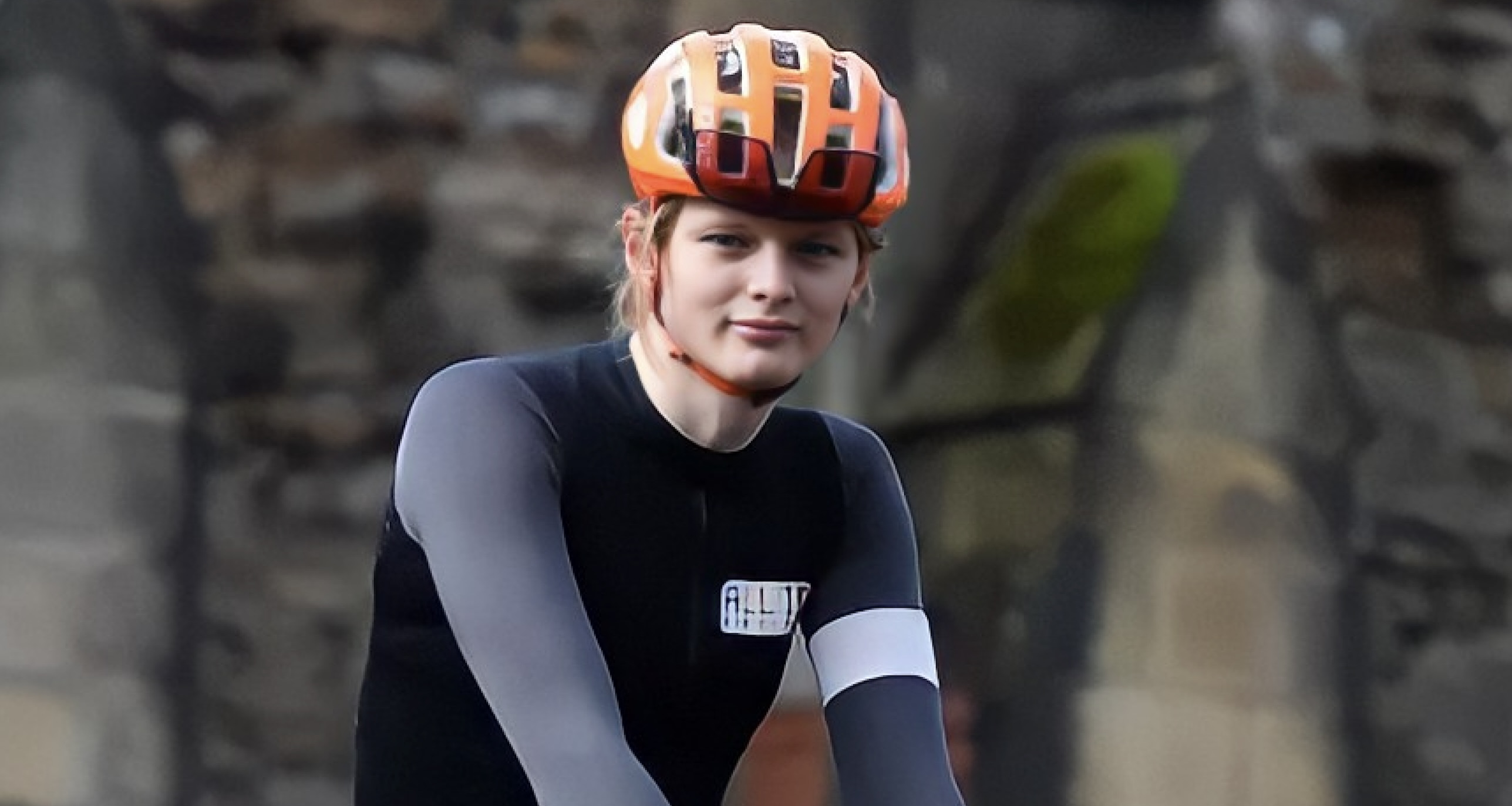Trans cyclist Emily Bridges prevented from competing in National Championships
British Cycling has called for a coalition to work on inclusion and fairness in all sports.

Words: Alastair James; pictures: Cycling Weekly/Andy Jones
The trans cyclist, Emily Bridges, has been prevented from competing in a national competition this weekend by the sport’s world governing body.
British Cycling, the sport’s UK governing body, announced the decision from the Union Cycliste Internationale (UCI) on Thursday (30 March) due to “current guidelines”.
Bridges, 21, was due to take part in the British National Omnium Championships on Saturday (2 April) where she would have faced off against the likes of five-time Olympic champion Laura Kenny.
“We fully recognise her disappointment”
In a statement, British Cycling said: “We have been in close discussions with the UCI regarding Emily’s participation this weekend and have also engaged closely with Emily and her family regarding her transition and involvement in elite competitions. We acknowledge the decision of the UCI with regards to Emily’s participation, however we fully recognise her disappointment with today’s decision.”
The organisation adds that “more clarity and understanding around participation in elite competitions” is needed around trans and non-binary inclusion across all sport.
“We also understand that in elite sports the concept of fairness is essential. For this reason, British Cycling is today calling for a coalition to share, learn and understand more about how we can achieve fairness in a way that maintains the dignity and respect of all athletes,” British Cycling continues.
Today we’re calling for a coalition to address transgender and non-binary participation in elite sport, and can provide an update on this weekend’s British National Omnium Championships.
Read more: https://t.co/MYjV2scXfn pic.twitter.com/ETbxYVzIfK
— British Cycling (@BritishCycling) March 30, 2022
British Cycling stipulates that riders must have testosterone levels below five nanomoles per litre for a 12-month period prior to competition.
Bridges began hormone therapy last year and had achieved the necessary testosterone levels to take part in women’s events.
Last May, Bridges came 43rd out of 45 riders in the elite men’s criterium at the Loughborough Cycling Festival. She also came second to last in last September’s Welsh National Championship road race.
She also won a men’s points race at the British Universities Championships in Glasgow recently.
Speaking to Cycling Weekly earlier in March, Emily said she had got “lots of really nice messages from friends and people I’d never met, mostly female cyclists, offering their support,” as well as some backlash.
On competing in female events and the likely backlash she’d receive she said: “I am nervous – it’s impossible not to be and we’re preparing as best we can, though there isn’t much we can do to stop it – people are free to express their opinions, provided they do so within the law.”
‘I just want to be competitive again’: Trans cyclist Emily Bridges on preparing to race in the female category https://t.co/SzUK8rps7b
— Cycling Weekly (@cyclingweekly) March 3, 2022
The UCI president, David Lappartient, told the BBC on Wednesday, prior to the announcement regarding Bridges, that he didn’t think current regulations aren’t enough.
Recognising the rights of trans athletes to compete in sports he told the broadcaster: “I’m a little bit worried that [their participation in women’s events] will affect the fairness of competition. I believe that maybe the situation we have now, of the rules of five nanomoles per litre [to measure testosterone levels], is probably not enough.”
Bridges involvement had evoked similar reactions to that of US swimmer Lia Thomas and New Zealand’s Laurel Hubbard. Both have faced huge backlash to competing in races and the Tokyo Olympics respectively.
In regard to Bridges, former Great Britain Olympic swimmer Sharron Davies said female cyclists had been “thrown under the PC bus”, as reported by the BBC.
Attitude’s new-look March/April issue is out now.

